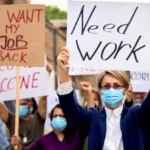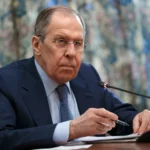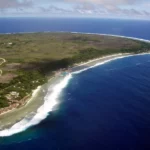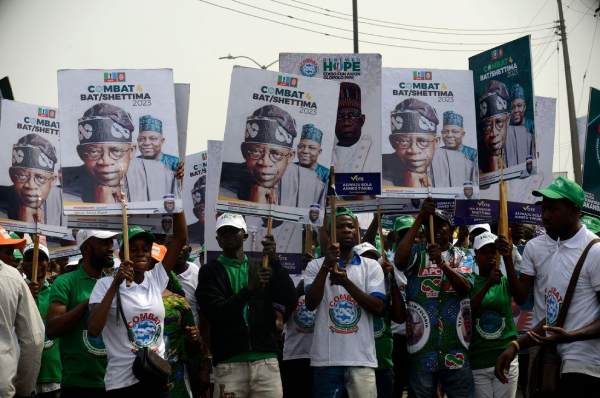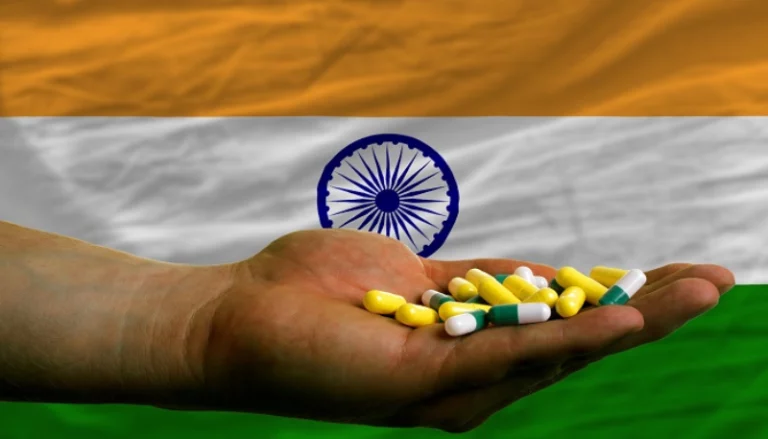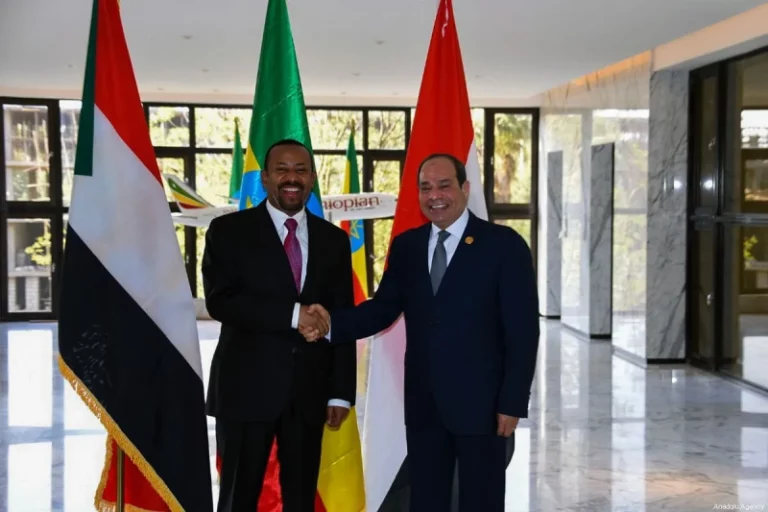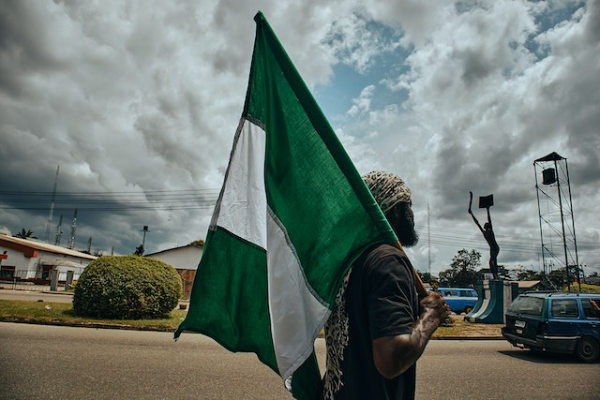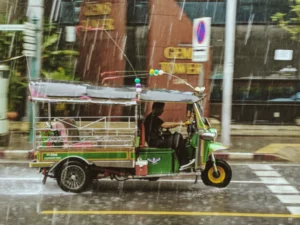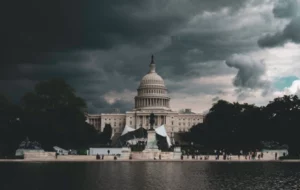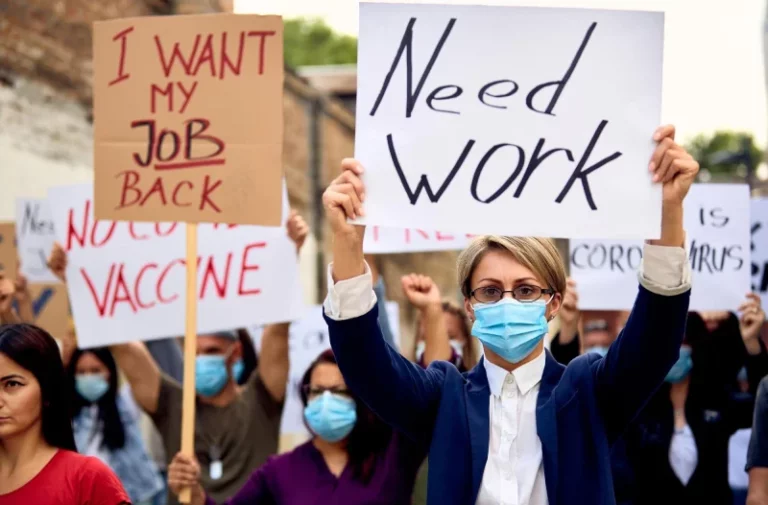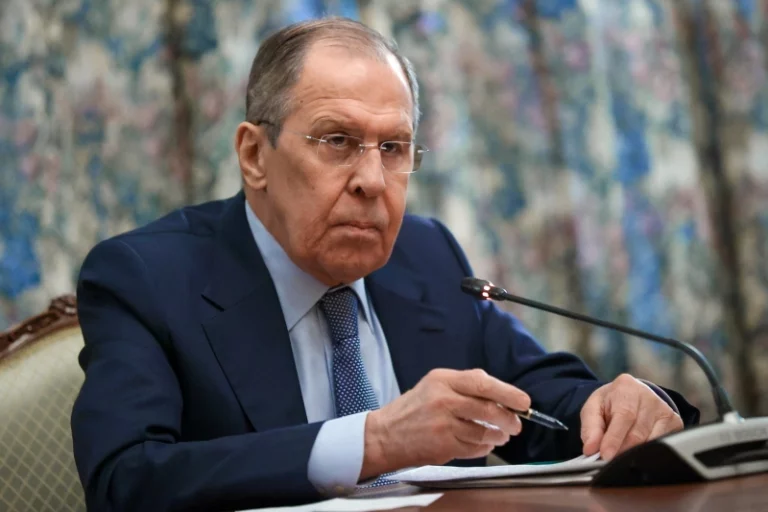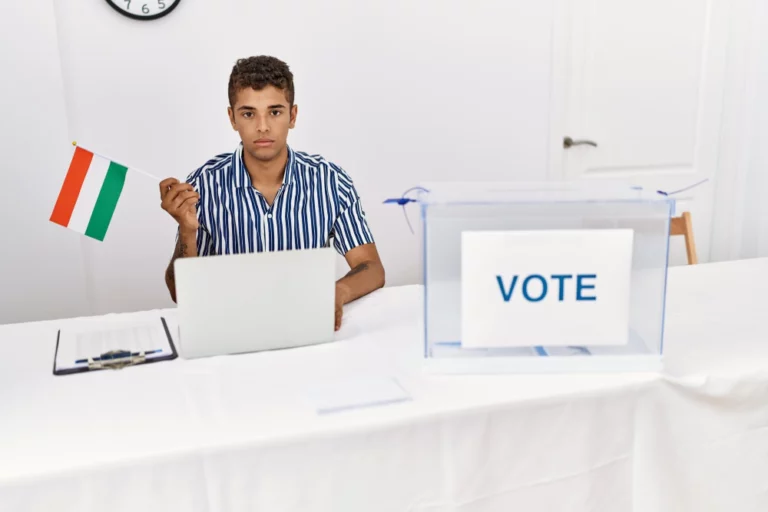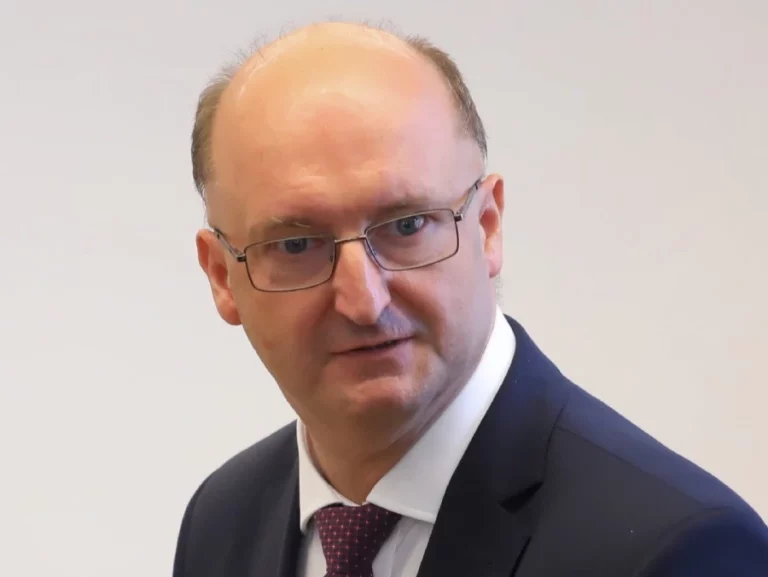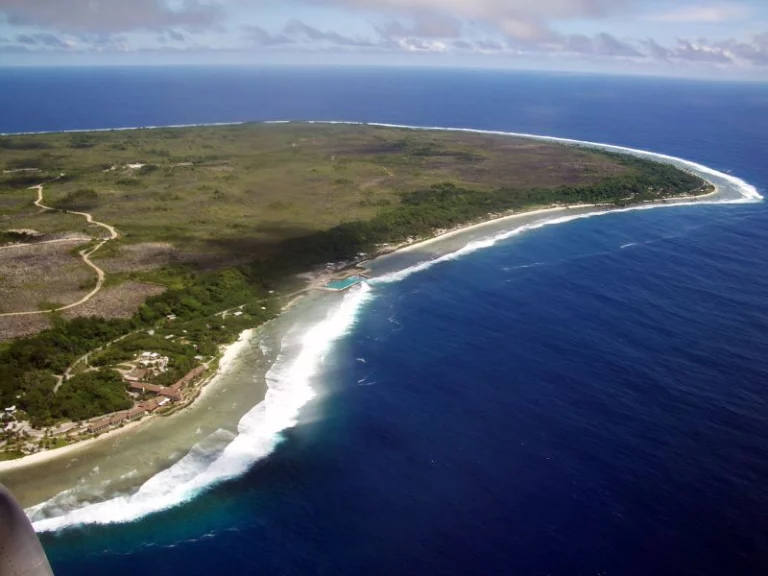Nigeria, Africa’s largest economy, is preparing for its seventh election, which comes at a critical juncture of record unemployment, inflation, a massive debt burden, fuel shortages, worsening security conditions, endemic corruption and crumbling public services. The record 93.5 million Nigerians registered to vote will choose among 18 candidates to replace President Muhammadu Buhari, who has reached the two-term limit. A deluge of international observers has arrived to ensure a free and fair election.
Nigeria has one of the world’s fastest-growing populations, with 42% of citizens under the age of 15 and a median age of just over 18, the UN estimates. Political engagement has spiked in recent years amid deteriorating prospects for Nigeria’s youth. The last couple of years have not allowed young people space for pursuing opportunity, for self-determination, explains Leena Koni Hoffman, associate fellow of the Africa Programme at Chatham House.
Economic impact
The oil sector accounts for more than 80% of national budgetary revenues, leaving Abuja highly susceptible to oil price variations and low production due to large scale crude theft. Tinubu’s foreign exchange policies are unlikely to deviate from those of the current administration, analysts say, while Abubakar and Obi propose more liberal economic measures and diversification, alongside greater fiscal prudence.
No matter who wins the race to be Nigeria’s next president, the public debt-to-GDP ratio is likely to remain on an upwards path in the near-term. Still, victory for an opposition candidate could make the fiscal outlook considerably brighter further down the line, said Virág Fórizs, Africa economist at Capital Economics. “Opposition parties’ fiscal discipline pledges put Mr. Abubakar and Mr. Obi in a better position to get Nigeria’s fiscal house in order.” Fórizs concluded, “The upshot is that, from an economic standpoint, the polls offer a choice between marginal steps away from growth-sapping policies and a more meaningful shift towards pro-market reforms that could unlock Nigeria’s economic potential down the line but involve near-term economic pain.”
Challenge to security
Buhari took office vowing to tackle Islamist militant organization Boko Haram, whose insurgency killed thousands and displaced millions. Government forces seemingly succeeded, reclaiming large swathes of territory from the jihadist group. However, the extremist group, now divided into factions, has continued to launch deadly attacks on military and civilian targets. In addition, an outbreak of separatist violence in the south, kidnappings, and a rapidly escalating conflict between farmers and herders that has killed thousands has added to the insecurity.
Economic uncertainty
Nigeria’s economy is intrinsically linked to its stability, so if the election doesn’t go smoothly, or if violence flares, the repercussions will be felt far beyond the country’s borders. Nigerians are voting amid ongoing insecurity and economic challenges, raising fears that unrest could spread, exacerbating existing political and social fractures.
The most pressing concerns are that of the economy, where Nigeria is plagued by high unemployment and inflation, a massive debt burden, fuel shortages, worsening security conditions, endemic corruption and crumbling public services. However, no matter who wins the race to be Nigeria’s next president, the public debt-to-GDP ratio is likely to remain on an upwards path in the near-term. Victory for an opposition candidate could make the fiscal outlook considerably brighter further down the line.
This situation indicates that the polls offer a choice between marginal steps away from growth-sapping policies and a more meaningful shift towards pro-market reforms that could unlock Nigeria’s economic potential down the line but involve near-term economic pain.
